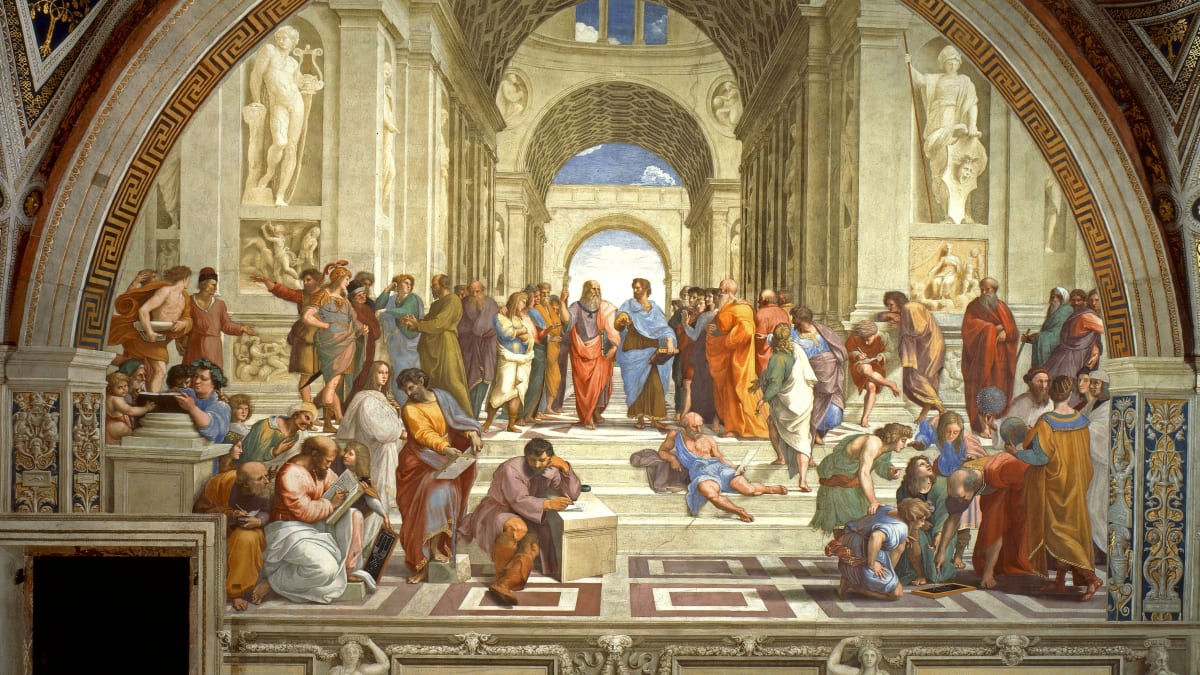The Renaissance in Europe during the 14th to 17th century and Enlightenment in Europe late in the 17th and 18th century marked significant periods of revolution in art, science, philosophy, and politics. During the Renaissance, classical art and literature were revived, and scholars made great discoveries in fields such as astronomy, anatomy, and physics. The Enlightenment marked a shift from Renaissance art, with thinkers placing a greater emphasis on rationality and creation of art based on reason rather than beauty alone. Enlightenment thinkers also made significant progress in scientific discoveries, rejected traditional authority, and developed new theories of democracy and human rights.
The Renaissance vs. The Enlightenment: Comparing Two Periods of Great Intellectual and Artistic Achievement
Introduction
The Renaissance and the Enlightenment were two periods of time in history characterized by great intellectual and artistic achievement. The Renaissance occurred in Europe from the 14th to the 17th century, while the Enlightenment took place in Europe during the late 17th and 18th century. Both of these periods of history had a profound impact on the development of art, science, philosophy, and politics.
Artistic Achievement
One of the most significant achievements of the Renaissance was the revival of classical art and literature. Renaissance artists drew inspiration from ancient Greek and Roman art, and they attempted to create works of art that were both beautiful and intellectually stimulating. Some of the most famous artists of the Renaissance include Leonardo da Vinci, Michelangelo, and Raphael.
The Enlightenment, on the other hand, marked a shift away from the artistic style of the Renaissance. Enlightenment thinkers were interested in rationality and scientific progress, and they believed that art should be used to communicate important ideas rather than to create beauty for its own sake. As a result, art during the Enlightenment was often more simplistic in style than the elaborate works of the Renaissance.
Scientific Achievement
The Renaissance was a time of great scientific achievement. Scholars of the Renaissance believed that knowledge was the key to understanding the world around them, and they made many important discoveries in fields such as astronomy, anatomy, and physics. Some of the most famous Renaissance scientists include Copernicus, Galileo, and Newton.
The Enlightenment built upon the scientific achievements of the Renaissance. Enlightenment thinkers believed that reason and logic were the best ways to understand the world, and they applied the scientific method to many different fields of study. Some of the most important scientific achievements of the Enlightenment include the development of the theory of gravity by Newton, the creation of the first electric battery by Volta, and the development of the steam engine by Watt.
Philosophical Achievement
The Renaissance was marked by a reawakening of interest in classical Greek and Roman philosophy. Renaissance thinkers believed that classical philosophy contained valuable insights into the human condition, and they used these ideas to develop new philosophical theories of their own. Some of the most famous Renaissance philosophers include Machiavelli, Descartes, and Hobbes.
Enlightenment thinkers built upon the philosophical achievements of the Renaissance. Enlightenment philosophy was characterized by a belief in the power of reason and a rejection of superstition and traditional authority. Some of the most famous Enlightenment philosophers include Locke, Rousseau, and Kant.
Political Achievement
The Renaissance was a time of political upheaval in Europe. The rise of powerful city-states such as France, Spain, and England challenged the traditional authority of the Roman Catholic Church and the Holy Roman Empire. Renaissance thinkers believed that the power of the state should be based on the consent of the governed, and they developed new theories of government that emphasized the rights of the individual.
The Enlightenment built upon the political achievements of the Renaissance. Enlightenment thinkers believed that government should be based on reason rather than tradition, and they developed new theories of democracy and human rights. Some of the most important political achievements of the Enlightenment include the American and French Revolutions.
Conclusion
The Renaissance and the Enlightenment were two periods of great intellectual and artistic achievement. While the Renaissance was characterized by a revival of classical art and literature and a renewed interest in scientific discovery, the Enlightenment was characterized by a belief in reason and logic as the best ways to understand the world. Both of these periods of history, however, had a profound impact on the development of art, science, philosophy, and politics, and they continue to shape our understanding of the world today.
